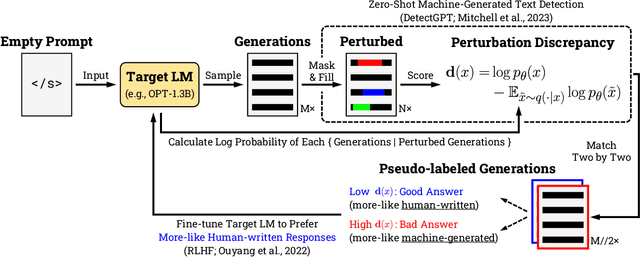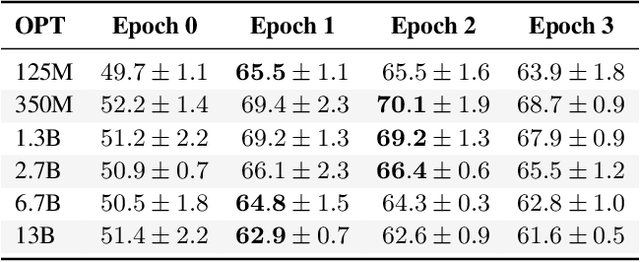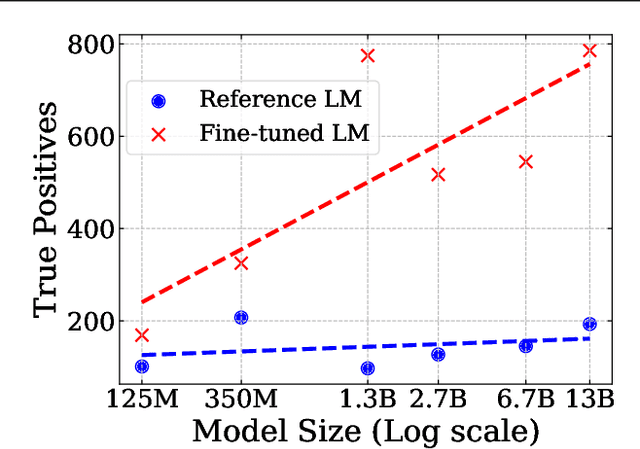Amplifying Training Data Exposure through Fine-Tuning with Pseudo-Labeled Memberships
Paper and Code
Feb 19, 2024



Neural language models (LMs) are vulnerable to training data extraction attacks due to data memorization. This paper introduces a novel attack scenario wherein an attacker adversarially fine-tunes pre-trained LMs to amplify the exposure of the original training data. This strategy differs from prior studies by aiming to intensify the LM's retention of its pre-training dataset. To achieve this, the attacker needs to collect generated texts that are closely aligned with the pre-training data. However, without knowledge of the actual dataset, quantifying the amount of pre-training data within generated texts is challenging. To address this, we propose the use of pseudo-labels for these generated texts, leveraging membership approximations indicated by machine-generated probabilities from the target LM. We subsequently fine-tune the LM to favor generations with higher likelihoods of originating from the pre-training data, based on their membership probabilities. Our empirical findings indicate a remarkable outcome: LMs with over 1B parameters exhibit a four to eight-fold increase in training data exposure. We discuss potential mitigations and suggest future research directions.
 Add to Chrome
Add to Chrome Add to Firefox
Add to Firefox Add to Edge
Add to Edge